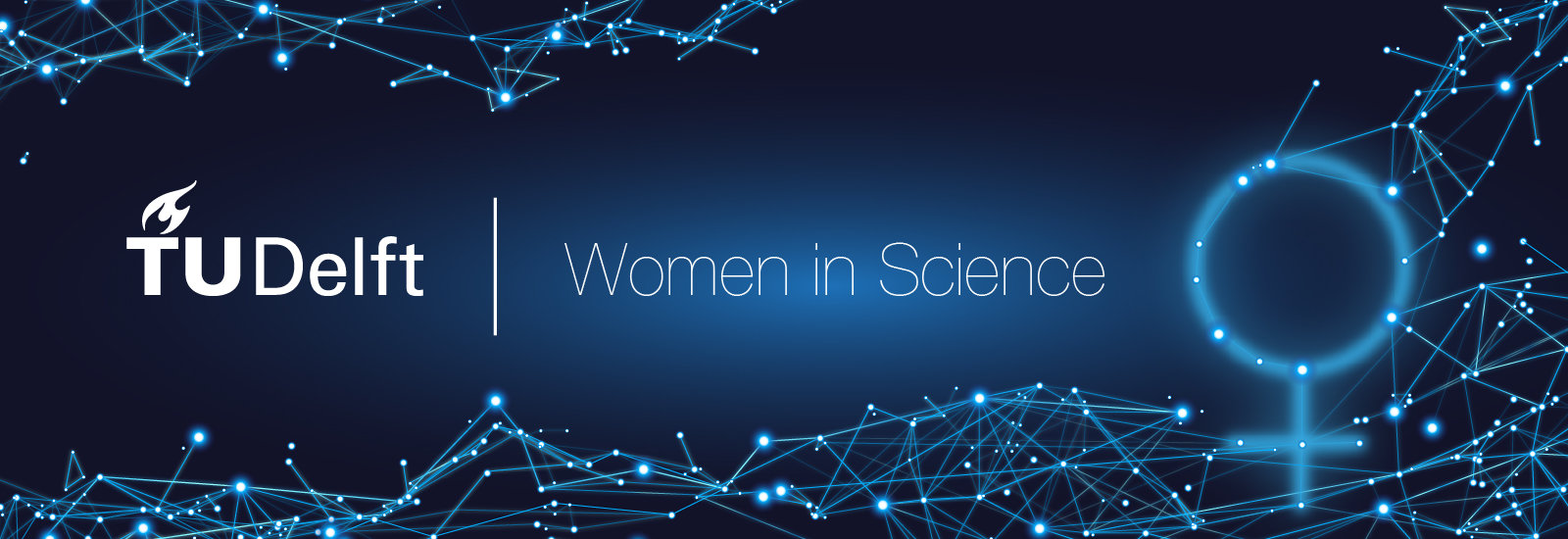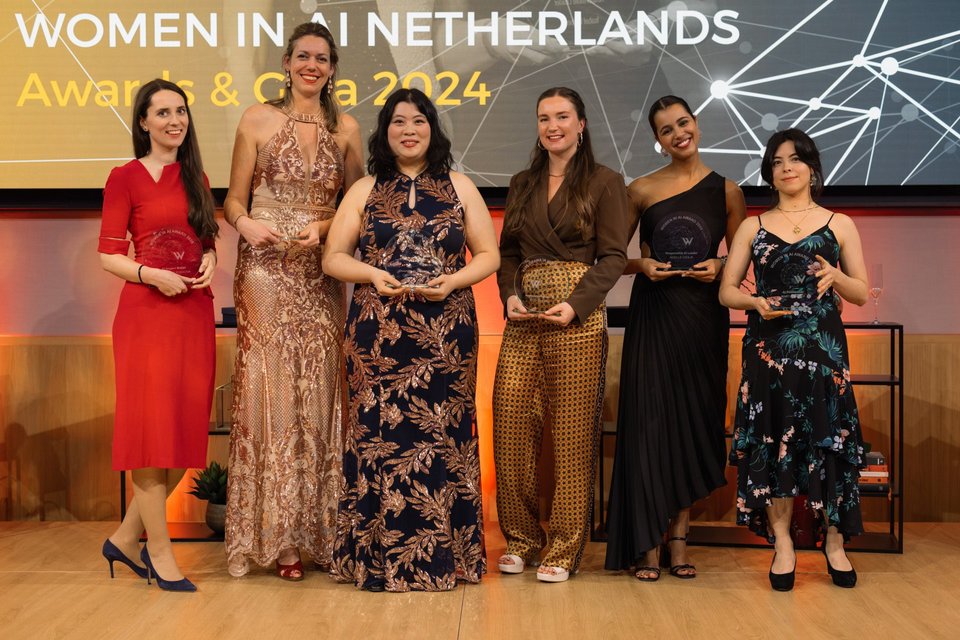DEWIS
DEWIS is the women’s network of scientists at the TU Delft and our mission is to help TU Delft to attract more women and create an inclusive, safe environment that makes women want to stay, while giving them the opportunity to grow and flourish in their academic careers. Another important goal for DEWIS is to reach a male-female ratio that more accurately reflects society.
Upcoming events
No results matching your search query were found.


